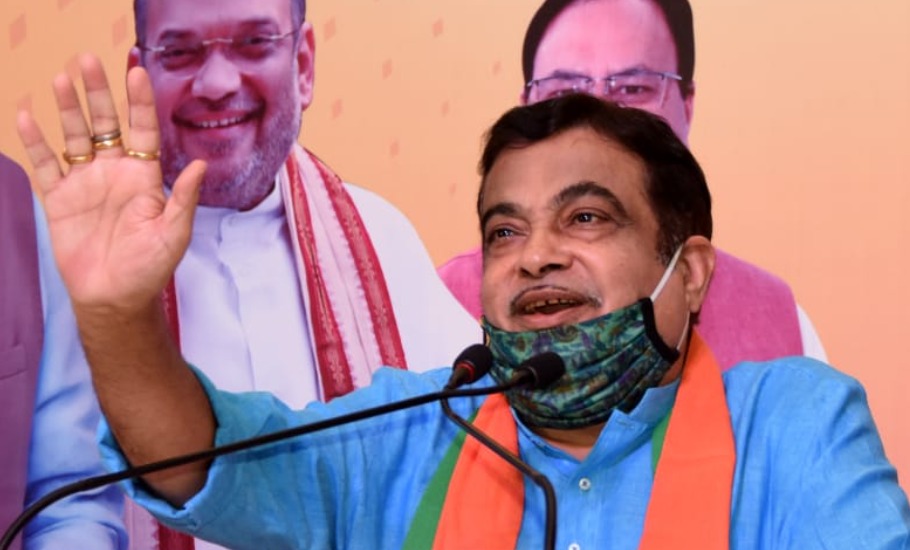
On India’s longest highway, Gadkari clocks 170 km/hour
In a video posted on social media, Gadkari is seen examining the construction work with officials of the expressway in a Kia Carnival. The minister is seen on the passenger seat and explaining the benefits of the DME

As we reported, India’s longest highway is getting ready and work is in full swing.
Union Minister for Road Transport and Highways Nitin Gadkari, who has been personally monitoring the work, took a ride on the Expressway on Sunday (September 19) and posted a video as well.
Being developed at a cost of ₹98,000 crore, the highway will bring down the travelling time between the two cities by almost 12 hours.
In the video, the minister is seen on the passenger seat and explaining the benefits of the DME
As seen in the video, the driver presses the throttle immediately after taking a U-turn. In a matter of seconds, the MPV reaches 170 kmph.
The 1,380km expressway will be India’s longest highway and will pass through six states: Delhi, Haryana, Rajasthan, Gujarat, Madhya Pradesh and Maharashtra. It will connect the urban centres of Delhi through the Delhi-Faridabad-Sohna section of the corridor along with a spur to Jewar Airport and Jawaharlal Nehru Port through a spur in Mumbai.
The expressway will have eight lanes further expandable to 12. Out of eight lanes, four will be reserved for electric vehicles.
The Expressway will improve the connectivity to economic hubs like Jaipur, Kishangarh, Ajmer, Kota, Chittorgarh, Udaipur, Bhopal, Ujjain, Indore, Ahmedabad, Vadodara, and Surat bringing economic prosperity to millions.
The road will reduce the distance between Delhi and Mumbai by 130 km and cut travel time from 24 hours to 12 hours, resulting in annual fuel savings of more than 320 million liters and reduce CO2 emissions by 850 million kg, which is equivalent to the planting of 40 million trees, a statement issued by the Union Road Surface Transport Ministry stated.
In addition, it is the only expressway in Asia and only the second in the world to feature animal overpasses to facilitate unrestricted movement of wildlife. The road will have three animal and five overpasses with a combined length of seven km dedicated for unencumbered wildlife movement.

